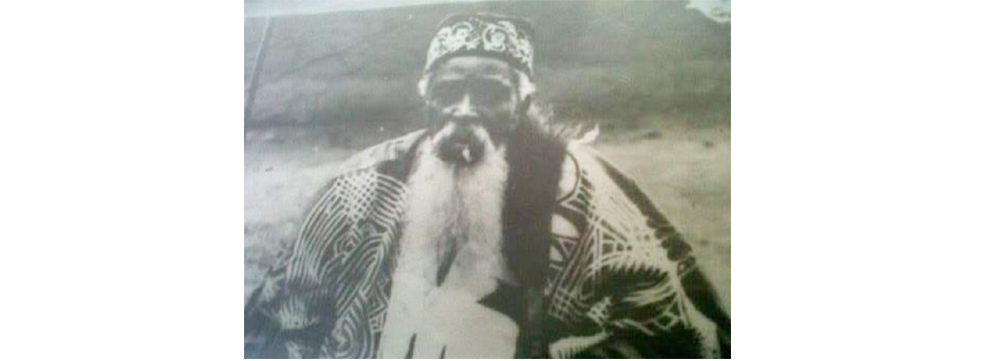by Marie-Therese Belisle Nweke
Monday, November 25, 2024 at 5:43 AM
AN INCIDENT IN IGBO HISTORY
You may not have heard about Chinweuba Onumba—the famous Afa divination Dibia who was given a Certificate of Merit in the Science of Divination by the British colonial administration.
Ozoemena Nsugbe sang about his feat in one of his songs. However, aside from Ozoemena Nsugbe, the Rt. Hon. Dr. Akwaeke Nwafor Orizu, the second Senate president of Nigeria and a one-time acting president, in his autobiography, Liberty or Chains, Africa Must Be Free, wrote about how Chinweuba accurately prophesied his birth through Afa divination.
This great divination Dibia from Nando in Aguleri, Anambra State, was called by Ezeugboyamba to make inquiries about his pregnant wife. It was a common practice in the olden days to make inquiries about the future of a newly born child, or a child still in the womb.
Chinweuba, via divination, stated:
- The child will be born on an Afo day. (Afo is one of the four market days of the Igbo).
- An attempt will be made to kill him immediately.
- He will grow up to be an illustrious son of his people.
All these prophesies came to pass as the great Dibia had predicted. Dr. Akwaeke Nwafor Orizu was born on Afo day. On the day he was born, a pot of poison, Udu Nsi, was found where he was born. He later became one of the finest Igbo statesmen of his generation.
Now, the real feat that made Chinweuba popular was when he was arrested and brought to court by some clients for whom he had done a divination. Some members of a family had come to him to ascertain whether the sick patriarch of their family would survive. But he told them to go home, because he whom they had come to enquire about was dead.
On arriving home, they found that it was true. The mind being deceitful, they believed Chinweuba may have used sorcery to kill the patriarch of their family. So they had him arrested.
In court, the white colonial judge brought out a pod and suggested to Chinweuba that, since he claimed it was through Afa he knew that the man had died, he should use the same Afa to tell the court how many seeds would be found in the pod once it was broken.
A tense Chinweuba brought out his Afa. He began to call on all his ancestors who did Afa before him. He called on his Ezumezu. He reminded them that they were the ones on trial, not him. He then threw his Afa down, and asked them to open the pod, and that they would bring out six seeds.
Lo and behold! When the pod was opened in the court, they saw only six seeds. The English judge then commanded that a Certificate of Merit be immediately issued to Chinweuba Onumba. The judge stated that this was not magic, but a finely-honed tradition of the Igbo. And, that was how Chinweuba Onumba became the first Dibia to receive a licence to practice the art of divination during Nigeria’s colonial era. (Report @Dshaikhism)
——————————————
This is the kind of story I tell my grandchildren, born and growing up in Britain, about their Igbo grandfather’s people and culture. I grew up in colonial Belize knowing the Grimm and Hans Andersen tales; those of the former slave – -Aesop; of the Norsemen; those of the ancient Greeks; as well as the Egyptians; and the exploits of King Arthur and his knights of the Round Table in Camelot, of ancient Britain.
I also knew the stories about the cunning feats of Brer Anancy — the wily spider of Ghanaian folklore, known in Ghana as Kweku Ananse — who had stowed away on the ships with the slaves coming from West Africa to the British Caribbean and Belize. Anancy and his exploits are now enshrined in the memories of these descendants. I knew of Tata Duhendy, another towering figure of Belizean folklore. Much, much later, I began immersing myself in the legends of Sundiata of the great Malian empire.
Our African and Belizean stories are truly fascinating, stimulating and valid, exactly like those of other great cultures, and we owe our children the gift of telling them.

